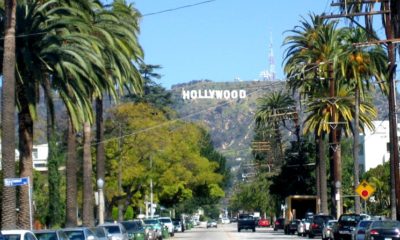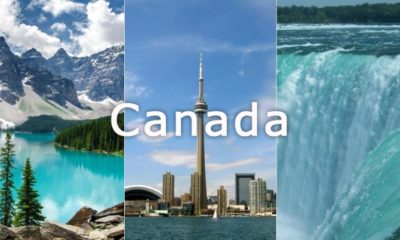North & Central America
Backpacking Costa Rica Need To Know
This page covers all the essential information you need to know about if you are planning a trip to Costa Rica. Be sure to check out Top Things to Do on Your Trip to Costa Rica too.
Basics
| Language:
Capital:
Currency:
|
Dial Code:
Emergency Services Number:
Time Difference:
|
Advice constantly changes. Always check with your foreign office (British Foreign Office webpage) or travel advice bureau for the latest information regarding your destinations safety.
Entry
Citizens of most countries (including all EU countries, The US, Canada, New Zealand and Australia) don’t need a visa to enter Costa Rica. You can stay as a visitor for up to 3 months, although the exact period is at the discretion of the immigration officer on arrival.
Entry to Costa Rica may be refused if you are unable to produce evidence of return or onward travel.
Yellow fever vaccination is required for travellers arriving from countries with risk of yellow fever transmission.
Your passport should have at least one day’s validity from the date you are leaving Costa Rica.
For official information visit your home government travel bureau.
Getting Around
Avoid using unofficial taxis or ‘taxi piratas’. Official taxis are red with a triangular sticker and plastic box on the roof with the name and number of the taxi company. Ideally, use radio-dispatched taxis. Make sure the driver’s ID is clearly visible on the dashboard and that the driver uses the meter.
More detail is to come in this section, but you can read about general advice regarding Getting Around When You Get There
Accommodation
Costa Rica has a wide variety of hostels and you should never have any problem finding one.
The average price of a hostel is 5,000-8,500 CRC (£6-10) a night. Hotels can also be relatively cheap, but vary in quality.
All hostels in Costa Rica will provide linen and bathroom facilities. Usually there will be internet facilities as well as common and laundry rooms.
Read more about Accommodation When You Get There and Living in Hostels
Food And Health
Food hygiene and safety is acceptable, but use your instincts; if the place looks dirty, don’t eat there; if your food isn’t piping hot, don’t eat it.
Water is generally safe to drink in urban areas, but it is best to buy bottled or boil.
Medical care in Costa Rica is of a high standard. Only emergency medical treatment is available without charge for visitors, so make sure you have adequate travel health insurance and accessible funds to cover the cost of any medical treatment abroad and repatriation.
Mosquito borne viruses are present in Costa Rica, so you should take steps to avoid being bitten by mosquitoes. Always contact your GP around 8 weeks before your trip to check whether you need any vaccinations or other preventive measures. Visit here for Recommended Vaccinations and read here for more about Travelling Health In General
Weather & Time To Go
The climate is tropical, so very hot and humid throughout the year. It is best to visit in the dry season; December to April. The rainy season in Costa Rica normally runs from May to November.
Communications
Internet and wifi is widespread and accessible in most hostels. Local pay-as-you-go SIM cards for your mobile phone and international calling cards are cheaply available.
Dangers And Considerations
Crime isn’t particularly high; petty theft of personal items including passports is the main problem, but gang muggings and armed robberies can occur even in daylight on busy streets. Criminals often work in gangs, some distracting you while the others commit the crime, so be alert and try not to get distracted around tourist attractions and cash points. Lock valuables in a hostel safe or security box.
Be vigilant when using buses. Bags in overhead compartments are particularly vulnerable.
Drink spiking is common – buy your own drinks and keep them within sight at all times and don’t accept lifts from strangers.
Don’t get involved with drugs of any kind. The Costa Rican authorities treat drug trafficking severely. The minimum sentence is 8 years imprisonment.
If you’re visiting jungle areas you should go with an experienced local guide.
Costa Rica experiences regular seismic activity. If you visit a volcano pay strict attention to restrictions on entry to dangerous areas.
Take special care when swimming from all beaches in Costa Rica. Rip tides are very common and there are regular sightings of crocodiles along the Pacific Coast from Playa Azul down to Playa Esterillos. You should seek reliable local advice.
There is a departure tax of $29 when leaving the country by air.













